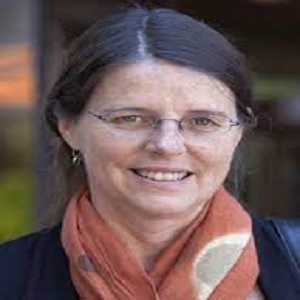Abstract:
Although diabetes, obesity, and breast are distinct diseases, they do not occur in isolation. At our City of Hope Clinics, many of our premenopausal patients who are at risk for breast cancer also have pre-diabetes (insulin resistance). Insulin resistance occurs when cells stop responding to insulin. Every time a woman with insulin-resistance eats, serum insulin spikes to 5-10 times normal (hyperinsulinemia). Insulin stimulates hunger and prevents the body from breaking down fat. For this reason, diet and exercise alone is rarely effective in promoting weight loss in women who are insulinresistant. Up until recently, women with insulin-resistance were rarely identified or treated. Now the current American Diabetes Association Guidelines (2014) recommend both the identification and treatment of pre-diabetes. Current guidelines recommend the use of metformin for treatment of pre-diabetes and reduction of circulating insulin. Recent research provides evidence that insulin drives signaling pathways that define the aggressive biology of estrogenreceptor negative breast cancer (such as Akt/mTor and Wnt). For this reason, there is significant concern that highinsulin/pre-diabetes may be harmful to women at high-risk for breast cancer. Metformin is known to reduce circulating insulin. As a result, there are numerous clinical trials in progress to test the ability of metformin to prevent breast cancers. Here we will present a practical set of options for identifying women who are pre-diabetic and providing potential risk reduction options that fall within standard of care guidelines.




